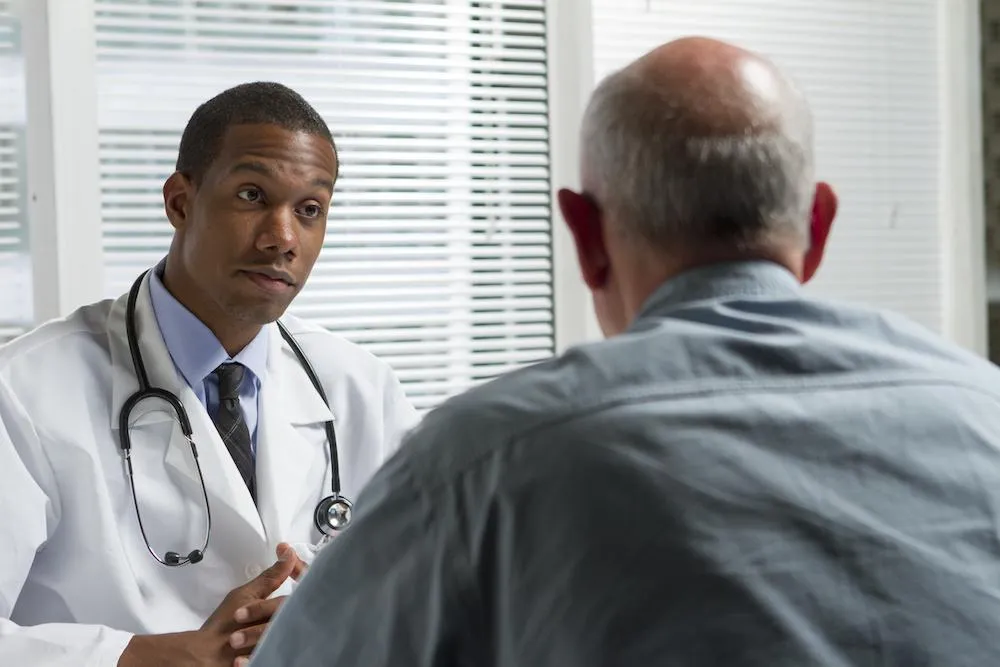Ulcerative colitis is an inflammatory disease in which the immune system attacks the inner lining of the colon or the large intestine. During colitis flare-ups, the immune system attacks the colon membrane, eroding it and leaving behind open sores. During remission, these sores heal.
Below, we asked our experts at Digestive Disease Consultants of Orange County to explain the symptoms, causes, complications, and treatment options for ulcerative colitis. We support patients with ulcerative colitis across our offices in Irvine, Huntington Beach, Tustin, and California.
Ulcerative colitis symptoms
Scientists believe that ulcerative colitis occurs when your immune system mistakes cells in your colon lining, good bacteria, and food particles for invaders. As your immune system damages the cells inside your colon, you may notice blood in your stools from the open sores bleeding inside your colon.
Ulcerative colitis often causes diarrhea. A damaged colon can’t absorb water efficiently, which leads to watery and loose stools. Other symptoms of ulcerative colitis include weight loss, fever, tiredness, and developmental problems in children.
Ulcerative colitis causes and risk factors
Researchers aren’t certain what causes ulcerative colitis, but they suspect it could be the abnormal immune system response to a virus or a bacteria found in the colon. Risk factors include genetics, ethnicity (Caucasians and Ashkenazi Jews have the highest incidence), and age (most people are diagnosed before the age of 30).
Some studies suggest that patients suffering from ulcerative colitis have a different gut microbiome than people who don’t. Some patients are also more sensitive to stress and certain foods.
For example, a low fiber diet may reduce the symptoms of a flare-up while spicy foods may increase the risk of flare-ups.
Ulcerative colitis complications
Left untreated, ulcerative colitis can lead to a perforated colon, inflammation in other parts of the body, damaged bile ducts in the liver, and an increased risk of colon cancer.
Certain medications taken to manage ulcerative colitis can increase the risk for osteoporosis. Making sure you are getting enough calcium, vitamin D and vitamin K2 can help mitigate some of these risks.
Ulcerative colitis treatments
Ulcerative colitis is typically diagnosed with a colonoscopy. During this procedure, your provider inserts a long tube with a camera through the anus, rectum, and colon to examine and collect tissue for testing purposes.
Depending on your lifestyle, triggers, and severity of your condition, our experts may recommend anti-inflammatory drugs, immune suppressors, pain medication, diarrhea medications, and iron supplements.
Ulcerative colitis isn’t curable, but with the right combination of medications and lifestyle changes, you can manage your symptoms and achieve long-term remission. If you suspect you may have ulcerative colitis, contact us to schedule an appointment. Get expert advice and quick relief for your symptoms.



